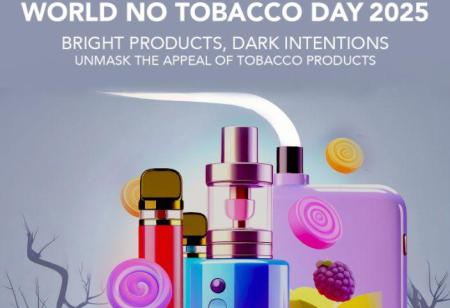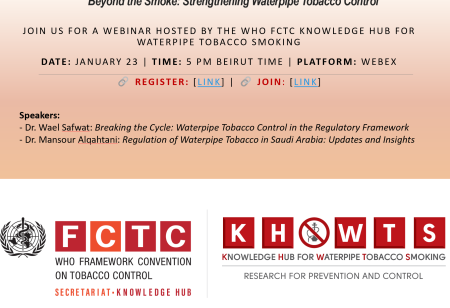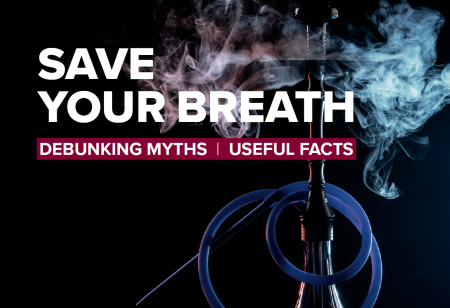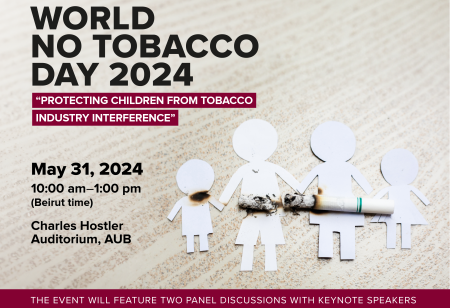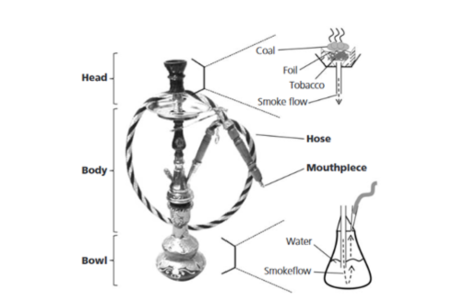
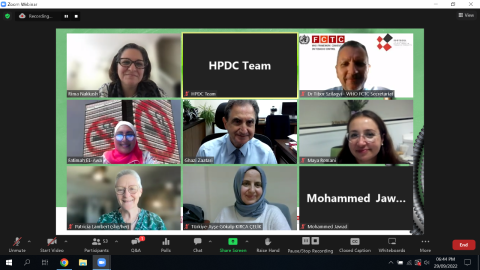
4th WTS - syllabus 20220919.pdf
The Fourth International Congress on Waterpipe Tobacco Smoking_April_GZRA.pdf
Tobacco use remains the leading preventable cause of death throughout much of the world. Waterpipe (WP) tobacco use - formerly a traditional habit among men in the Eastern Mediterranean Region (EMR) - has also spread across the globe among women and youth. Waterpipe tobacco smoking (WTS) can be exclusive but often part of poly-tobacco use.
The last two decades have witnessed more research on the use prevalence, determinants of use, contents and emissions, and health effects of WTS. Interventions to prevent and control use have recently been implemented and evaluated, informing our ability to tackle this epidemic.
Policy and regulatory approaches to WTS have been suggested by WHO and FCTC in a number of frameworks (e.g. Conference of Parties decisions, WHO Technical Reports and Advisories) but their implementation remains lagging behind national regulations targeting mostly cigarettes. The regulatory landscape for tobacco control is changing in the US and internationally.
The Fourth International Conference on Waterpipe Tobacco Smoking Research built on the momentum established in the first, second and third conferences to share recent scientific evidence on WTS with intent to inform practice, policy and regulation and enhance public health and population wellbeing.
In addition to keynote presentations by scientists and leaders in tobacco control and/or knowledge translation, the conference was open to abstracts submission on emerging research. The full list of speakers is in appendix 1.
The conference was organized by WHO-FCTC Knowledge Hub on Waterpipe Smoking (KH-WTS) at the American University of Beirut in collaboration with the Secretariat of the WHO Framework Convention on Tobacco Control and WHO Regional Office of the Eastern Mediterranean.
The virtual conference was held over 3 days between September 27 and 29, 2022 and was attended fully by 77 participants. The program of the conference can be found in appendix 2.
At the end of the conference, participants were able to:
- Learn about recent evidence on interventions to prevent/control WTS
- Update evidence based knowledge on practice, policy, and regulation to enhance public health and population wellbeing.
- Build capacity in knowledge translation for WTS and enhance linkages and collaborative partnerships globally.

